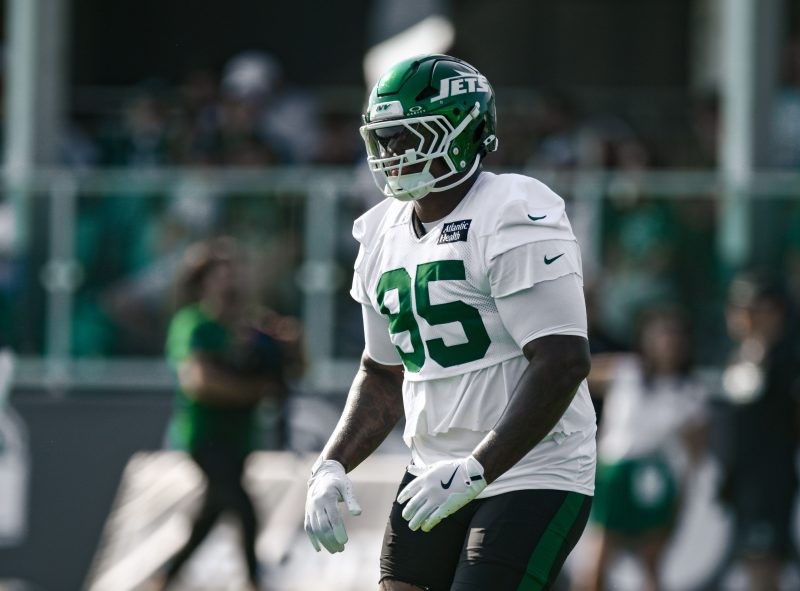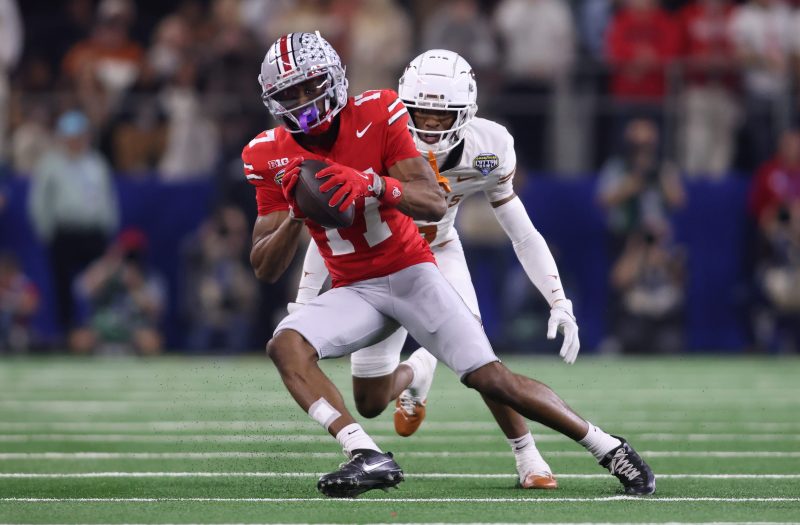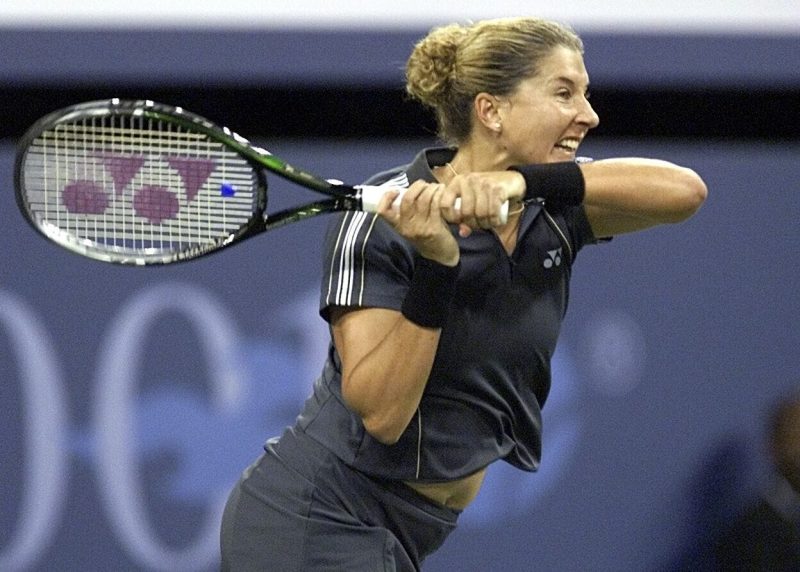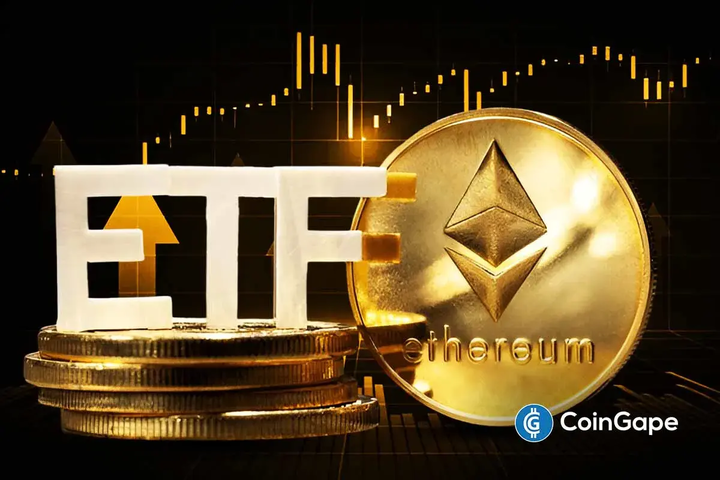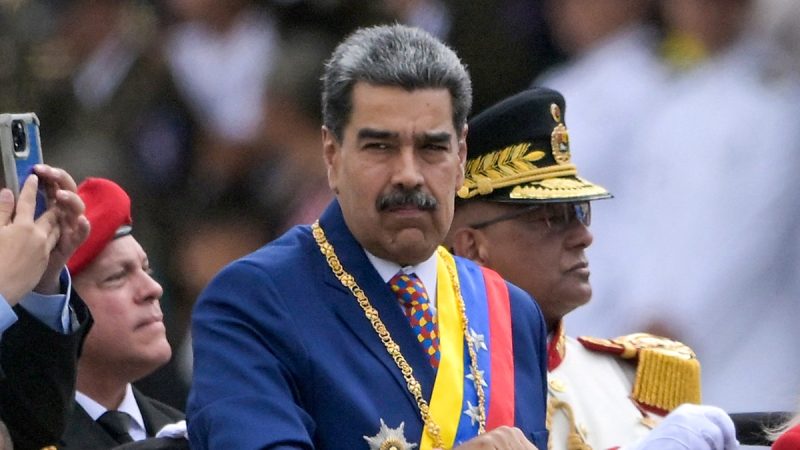Exclusive: Ex-NFLPA head talks regrets, league’s labor war to come
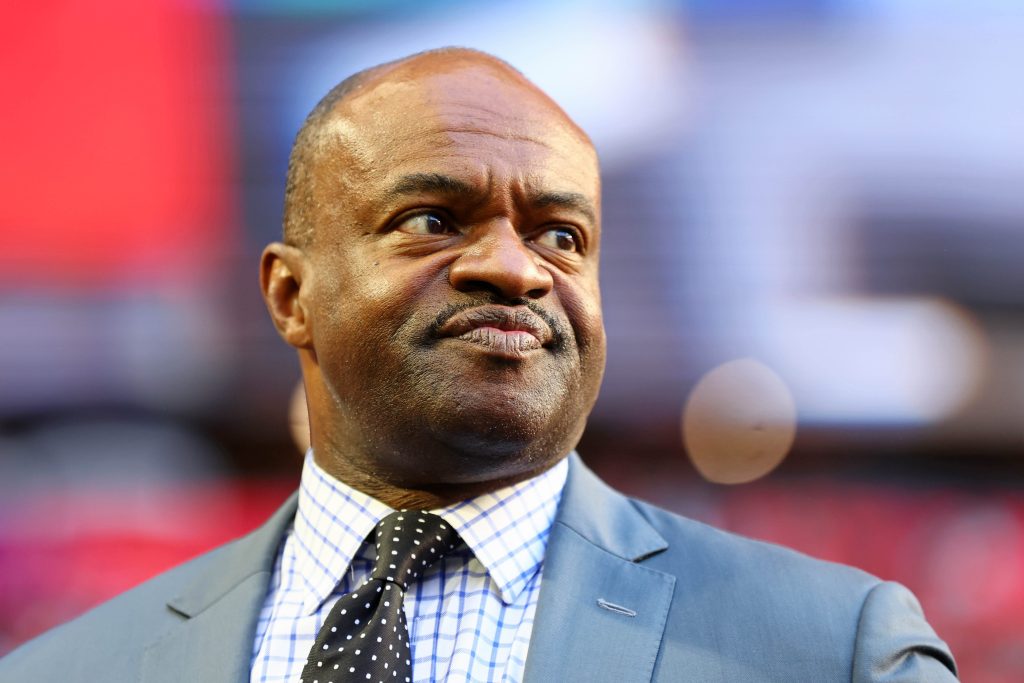
- DeMaurice Smith’s book, ‘Turf Wars: The Fight for the Soul of America’s Game,’ was released on Aug. 5.
- In his new book, DeMaurice Smith writes about a frosty exchange with Lloyd Howell.
- DeMaurice Smith would ‘absolutely not’ return to his former role with the NFLPA on an interim basis.
This might be perfect timing for DeMaurice Smith to promote a book reflecting on his personal journey and tenure as executive director of the NFL Players Association (NFLPA).
Lloyd Howell, the man elected in 2023 to replace Smith, resigned last month in shame. JC Tretter, the former center and union president who gained powerful influence in recent years, stepped down, too, from his role as chief strategy officer.
And with so many questions linked to a lack of transparency, particularly involving the election process and information from arbitration rulings not shared with the membership, the players union is mired in a big mess as David White begins as interim executive director.
Smith’s book, ‘Turf Wars: The Fight for the Soul of America’s Game’ (Random House, 368 pages, $32), was released on Aug. 5 as quite the coincidence. Leadership is a key theme.
“In no small way, we saw that play out over the last two months, in an unfortunate way,” Smith told USA TODAY Sports. “My hope is that the players learn from it and spend time with what I’d call ‘ruthless introspection’ of how did they get here? And with the hope they turn it around. But it has to start and end with the players. It has much less to do with who their leader is.”
That last point is debatable, given turmoil stemming from the damning revelations exposed by Pablo Torre on his podcast, ‘Pablo Torre Finds Out.’ Torre published a 61-page ruling from independent arbitrator Christopher Downey from a 2022 lawsuit filed by the NFLPA alleging collusion by team owners that was kept secret from the union.
He revealed that another ruling determined Tretter encouraged players to fake injuries while engaged in contract talks. And he revealed that Howell was a part-time consultant for The Carlyle Group, a private equity firm approved by the NFL to invest in NFL teams, an apparent conflict of interest.
Then ESPN reported that Howell’s expense reports for visits to strip clubs ignited further scrutiny into his actions as union chief.
Smith, citing a non-disparagement clause in his separation from the union, wouldn’t specifically address the cases that blew up for the NFLPA, but he shared perspective on the role that White (the runner-up when Howell was elected) steps into on an interim basis while the search begins for a permanent executive director.
White, formerly executive director and chief negotiator of the Screen Actors Guild (SAG-AFTRA), was elected by a vote of player representatives from all 32 teams on Aug. 3.
Key issues for White?
“First of all, 2030 is not as far off as you’d want to think,” Smith said, alluding to the expiration of the 11-year collective bargaining agreement between the NFL and NFLPA. “The changing media landscape is interesting. But I think the most pressing issue is how do you come in and take a group of players who haven’t been in a fight and teach them about what a labor union is supposed to do.”
When Smith replaced the late Gene Upshaw and began his 14-year tenure in 2009, surely there was no acclimation period. The fight was already on as NFL owners, on the short end of the last CBA that Upshaw negotiated, had already declared that it would opt out of the labor pact and lock out the players in 2011.
“It made teaching and the role of getting players ready for a war a little bit easier, because one was on the horizon,” Smith said.
Ultimately, Smith led the NFLPA into two long labor pacts, the last one struck in 2020 during the pandemic, which was passed by players by a razor-thin margin, with the key pushback involving the 17th game the union agreed to. Now, the league is going full-steam ahead on desires to eventually expand the schedule to 18 games, which would need to be negotiated as part of the CBA – and perhaps before the current labor pact expires.
That the NFLPA’s leadership is in flux undoubtedly looms as an advantage for the NFL in ramping up for the next CBA. The current labor pact allows players to receive 48% of NFL revenues, which fuels the record $279.2 million salary cap for 2025.
“The biggest job for a labor leader is teaching, and how important it is to focus on the right issues,” Smith said. “Understand you are in labor-management paradigm. That’s always a battle.”
Reflecting on his tenure – which included the COVID-19 crisis, the Colin Kaepernick-ignited player protests and the evolving concussion protocols – Smith said that one of his regrets is that he got away from the hard-core teaching that he stressed from 2009 to 2017.
“Now is that opportunity for players to go back to their roots,” said Smith, mindful of the turnover in membership that comes when the average player career span is roughly three years. He cites key figures from the timeline over several decades on the NFL front and beyond.
“Even the players who are not going to be there for 2030, if they don’t know who Bill Radovich is, if they don’t know who Freeman McNeil is, if they don’t know who Reggie White was, if they don’t understand the significance of Curt Flood or Oscar Robertson, man, you won’t get it right.
“Whether the issues are Commissioner discipline, an 18th game or practice time, if players don’t understand the history and necessity of fighting, you won’t get it right.”
Shortly after the resignations of Howell and Tretter, I reached out and asked Smith if he would consider returning to his former role on an interim basis to help the NFLPA navigate through its adversity. He scoffed.
“Absolutely not,” he said. “This is a challenge the players need to resolve for themselves.”
In his book, Smith recalls a frosty exchange with Howell during the transition. Smith said that he wrote a letter for his successor and planned to leave it in his old desk – in the tradition of U.S. presidents – but had second thoughts after his single interaction with Howell. He folded up the letter and stuffed it in his pocket.
“I wrote that letter in the hope that it would help frame what the job is, if someone were truly curious about getting it right,” Smith said last weekend.
He wanted to be a resource. Especially having never met Upshaw, who died on Aug. 20, 2008, three days after being diagnosed with pancreatic cancer.
“There wasn’t a day on the job where I didn’t wake up and wish that I could talk to Gene,” Smith said. “I kid you not. There wasn’t a frickin’ day.”
He pledged that he’s available for White. It’s unclear how much White might tap that resource. Smith would certainly share thoughts about how players need to absorb how they are impacted by changing NFL business dynamics.
The deal announced last week, with the NFL acquiring 10% equity in ESPN, resonated.
“It reminds you of the scale of this business,” Smith said. “They’re going to do what, $25 billion in revenue next year? This is the competition, and the ruthlessness of this business is far more intense off the field than it is on the field. And it’s pretty intense on the field.
“You would want to know if there’s a change in the rights fee (for ESPN),” he added. “Those are the things the union needs to figure out. But most importantly, once you understand it, you’re going to have to decide how do you fight it for your fair share? If anybody thinks that was just an idle, off-the-cuff comment from Roger (Goodell) – I forget when he said it, maybe a couple months ago – that he thought the players share was too high, you know that’s what they do. They start messaging early.”
Which means NFL players are pressed to reset their union priorities in a hurry and buckle up early for the next labor war that is surely coming.
Contact Jarrett Bell at jbell@usatoday.com or follow on social media: On X: @JarrettBell. On Bluesky: jarrettbell.bsky.social.
